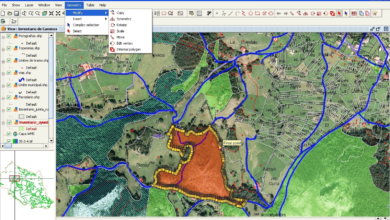The Different Branches of Civil Engineering

The different types of civil engineering branches are the geotechnical, foundation, and environmental engineering. Every branch has own considerable knowledge and it also has the ability to solve the problems of creativity.
Geotechnical Engineering:
Geotechnical engineering requires soil study, applications and behavior as a matter of engineering. The implementation of mechanics law and hydraulics are Soil mechanics. Engineering problems facing the sedimentation and the other disconnected charge of the soil particles. It deals with the determination of the index things of the soil, the category of soil, sewerage, elastic properties of soil, stress distribution, earth pressure, and stability analysis.
Applications:
- Slopes stability
- Shear strength resolution in retaining wall, foundation, and earthen dams.
- Construction and design of sheet piles and drilling of the tunnel, bridge foundation, and shafts.
- Study of pavement and improvement of soil properties.
- Study of Soil mass under the ground level and the soil profile.
Foundation Engineering:

- The foundation engineering deals with the study of different types, design, and construction of the foundations like shallow and deep foundations. Resolution of bearing capacity of the soil. Study of different methods of improving the bearing capacity of the soil.
- Analysis settlement
- Machine foundation design
Advertisement
Applications:
- The knowledge of bearing capacity of soil from different types of Civil structures for choosing a suitable type of foundation.
- Foundation design for dams, retaining wall, machines, building, and more.
- To avoid failure of foundation settlement examination of the base of footing and suggesting remedial measures.
- The study of different theories of bearing capacity can be done using the determination of depth.
Environmental:
Environmental engineering is the integration of science and engineering principles. To upgrade the natural environment to supply healthy water, land, and air for human occupancy and for other organisms, and to correct pollution sites. It involves air pollution control, wastewater management, waste disposal, recycling, environmental sustainability, and many more and it also includes studies on the environmental impact of advance construction projects.

The study of Environmental study:
- Environmental designer, design civil water system and factory wastewater treatment systems. They also mark local and worldwide environmental issues like ozone depletion, water pollution, global warming, and air pollution and many more.
- Engineers are more regularly obtaining exclusive training in law and they are also utilizing their technical expertise in the practices of Environmental Engineering law.
- They manage hazardous-waste-management studies to assess the importance of such hazards, advise on treatment and check, and develop a rule to stop trouble.




